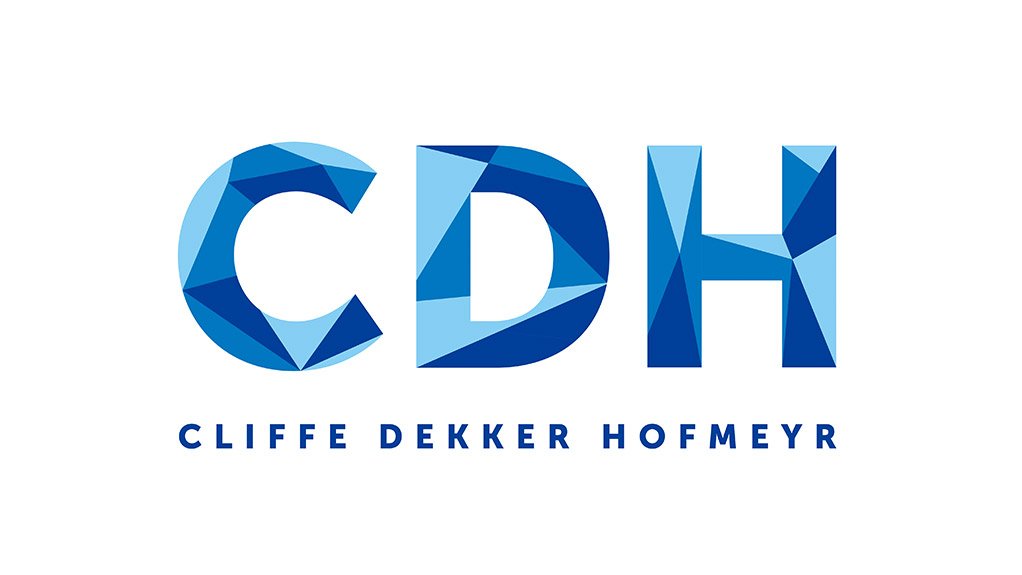Allyship, particularly from those in positions of privilege, is more than a gesture — it’s a moral responsibility. True allyship to all women demands humility, self-reflection, and a willingness to lean into discomfort, writes Nadeem Mahomed, Director of Employment Law at Cliffe Dekker Hofmeyr.
As a lawyer, I was trained to view the law as a powerful mechanism to shape and structure society; an instrument to right wrongs, resolve uncertainty and impose order. In many contexts, this is partially true: the law can provide stability and predictability, particularly where the rule of law is firmly upheld. Yet even in such contexts, the stability law brings is often layered upon histories of exclusion and violence. Often, the legal system upholds the prevailing social order even when that order is unjust.
Even where laws are progressive, we cannot assume they automatically yield justice. The transformation of moral aspirations into legal principles does not guarantee the realisation of justice in lived experience. The association between law and justice is persistent, but dangerously simplistic. Take apartheid South Africa as a stark example: legality and systemic injustice were often synonymous. Racial segregation, economic disenfranchisement and the violent subjugation of black people were legal norms, sanctioned by the judiciary and entrenched through statute. The same system upheld deeply patriarchal structures. In the Cape Colony, sanctions for sexual crimes against women were not applied equally. Race, especially that of the victim, determined how or whether justice was pursued. Women of colour were denied the dignity and protection afforded to white women, who themselves were not adequately protected from patriarchal violence within marriage. In these systems, the law did not correct inequality, it reinforced it.
Misogyny, prejudice and exclusion
Fast-forward to contemporary South Africa where gender-based violence remains a crisis. While the Constitution and statutory framework offer protection for all bodies, the reality is dissonant. The gap between legal ideals and lived realities is often vast. It is from this place, of both legal training and life experience, that I write: not necessarily as a lawyer, but as someone acutely aware of the many ways exclusion is perpetuated, legally and otherwise. Misogyny, like racism, is not always overt or intentional. It can manifest subtly: in assumptions, in cultural norms and in systems where power is measured by conformity to a dominant mould. In the corporate world, discrimination often masquerades as a lack of “fit.” However, “fit” is frequently code for assimilation into pre-existing, male- (or race-based) dominated norms (how one works, demonstrates ability, speaks, thinks or socialises). Women and people of colour, among others, are often required to dilute or surrender parts of themselves to be accepted. They are judged against unspoken criteria that exclude difference.
American novelist and editor Toni Morrison captures this painful yearning for acceptance in her novel The Bluest Eye, where a young black girl believes that if her eyes were blue, if she could embody whiteness, then she would be beautiful, she would be worthy. This internalisation of inferiority is not only in fiction. It is the legacy of societies structured around narrow and harmful ideals of worth, legitimacy and exclusion.
The hallmarks of genuine allyship
In this context, allyship, particularly by those who occupy positions of privilege, which is always relative and shaped by circumstance, is not a mark of distinction, but a moral obligation. With respect to gender and gender identity, being an ally to women, including transgender women and transgender men, is not an act deserving of praise or celebration; it is a duty. It entails recognising human dignity and actively making room for others and being willing to relinquish power when justice so requires. True allyship demands more than symbolic gestures; it requires sustained, tangible, and purposeful action.
Genuine allyship is a process. It requires humility, reflection and the willingness to be uncomfortable. Declaring oneself “anti-sexist” or “anti-racist” is easy. However, real transformation requires acknowledging that systemic violence and exclusion are often executed tacitly, through structures, systems or traditions and silences. Often, those who perpetuate it do so unconsciously, as passive custodians of an unjust order.
To not be sexist (or racist, or homophobic, or xenophobic, or Islamophobic, or antisemitic) is not a fixed state. It is a continuous ethical journey. It demands that we scrutinise our beliefs, our assumptions and the reasons behind our actions. It demands that we ask difficult questions about the ideologies that shape our politics, economics, world views and everyday interactions. The ever so eloquent writer, James Baldwin once wrote, using the terminology of the time: “Whatever white people do not know about [blacks] reveals, precisely and inexorably, what they do not know about themselves.” The same holds true for men in respect of women, or heterosexuals in respect of queer people, for example. Our prejudices, even when buried under years of moral labour, never fully disappear. They linger as the residues of the societies and communities that shaped us. They remind us of the persistent gaps in our ethical selves, gaps that require constant vigilance, care and correction.
Allyship, then, is not only about speaking on behalf of others, it is also about listening. It is about stepping back, stepping aside and sometimes stepping down. It is about confronting the hollow spaces within ourselves where prejudice and indifference thrive and refusing to let them define who we are, or what kind of society we build.
Written by Nadeem Mahomed, Director of Employment Law, Cliffe Dekker Hofmeyr
EMAIL THIS ARTICLE SAVE THIS ARTICLE ARTICLE ENQUIRY FEEDBACK
To subscribe email subscriptions@creamermedia.co.za or click here
To advertise email advertising@creamermedia.co.za or click here











